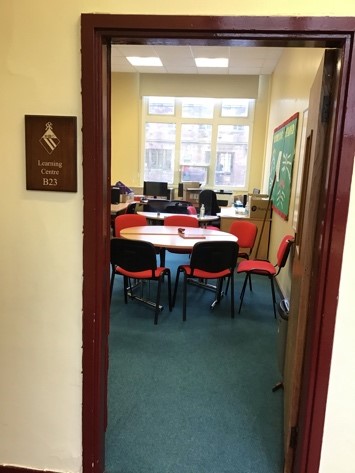As we all know, revising for tests can be distracting, tiring and annoying. Yet, research shows that in the end it’s worth it and that it’s essential for any test. So sit back and read on, as we find the best ways to make your revision effective. Here at ‘The View’ we decided to ask an expert for their advice on this tricky issue. We are delighted to share with you Mrs Elkin’s TOP TEN TIPS FOR REVISION and her words of wisdom about the best ways to approaches, as well. Hopefully it will inspire you to stop putting it off and get proactive!



Top 10 Revision Tips:
- Work out your own strengths and weaknesses.
- Concentrate on what you are asked to do.
- Participate in lessons. Think of questions to ask, join in discussions and listen carefully to what is being said.
- Develop your memory. Use mind maps, card games and mnemonics.
- Stay in control of your workload. Get organised.
- Break bigger tasks into smaller, achievable targets.
- Learn how to summarise text into key points.
- Learn ways to plan and structure work.
9))Make regular work plans with realistic targets.
10)Look after your wellbeing and your friends wellbeing.
I had the pleasure of interviewing Mrs Elkin about her role in school and this is what she said about Learning Support, which is located in B23.
“Learning support is available for all to support their learning here we tend to focus our attention to student with learning difficulties e.g. dyslexia or ADHD, we are here to help students with learning phonetics, think differently about letter and sound which are the building blocks of reading and writing. We help with reading comprehension and how to structure writing and writing it in a structured clear way, help with organisation skills and time management as well as revision strategy. A note of advice to all don’t feel embarrassed when asking for help, all teachers are here to support your learning. Every student will feel as though learning is a battle no matter academic ability at some point everyone will find learning hard. Remember you can be academic as well as social you don’t need to focus on being all academic. Just know, no matter the academic ability, all are able to achieve their dream and the learning support has helped lead students to become doctors with dyslexia and ADHD”
